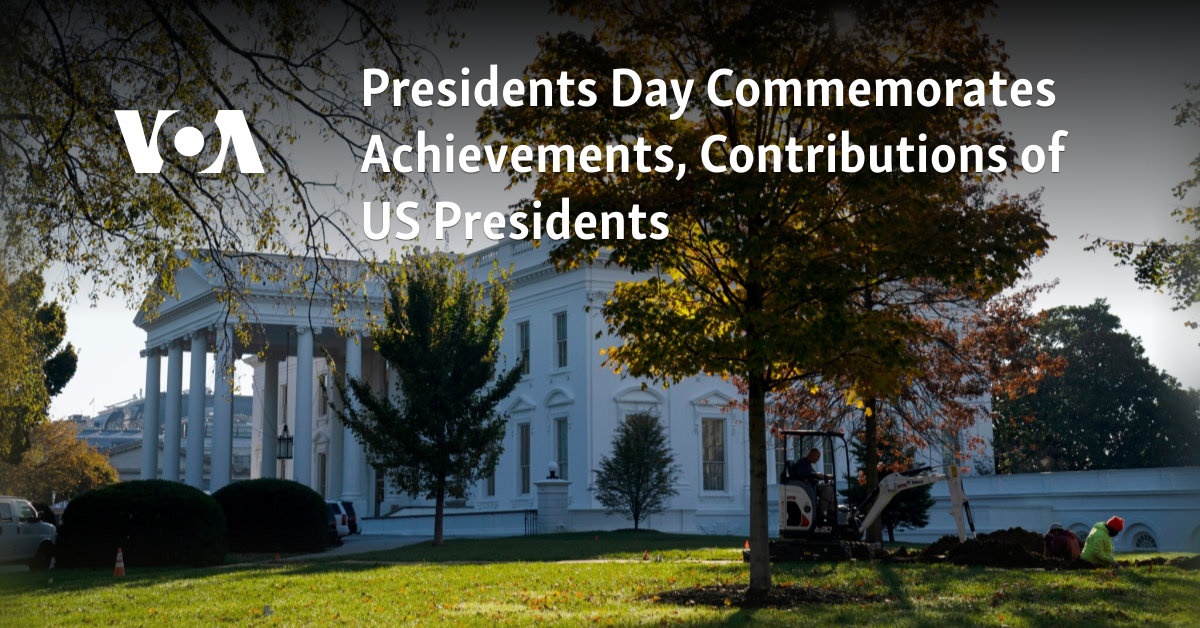
Celebrating the lives of two American presidents—George Washington (February 22) and Abraham Lincoln (February 12)—Presidents Day is a national holiday in the United States observed annually on the third Monday of February. This year, it falls on February 19.
The holiday honors the contributions of these two presidents, who guided the nation through pivotal periods in history—the American Revolution and the Civil War. It also recognizes the accomplishments of U.S. presidents in general.
Most government offices and nonessential businesses close on Presidents Day.
Although colloquially known as Presidents Day, the official name remains Washington’s Birthday, despite efforts in Congress to rename it. Some advocate for solely celebrating Washington’s achievements on this day.
Public ceremonies and traditions nationwide mark the holiday. Here’s a glimpse into the history and present-day observance of Presidents Day in the U.S.
Presidents Day Origins
Initially, the holiday solely commemorated Washington’s birthday. National celebrations persisted posthumously, leading to its establishment as a federal holiday in 1879, initially observed only in Washington, D.C., and later extended to all federal employees in 1885.
Until 1968, the holiday aligned with Washington’s actual birthday. The Uniform Monday Holiday Bill of 1968 shifted several federal holidays, including Presidents Day, to Mondays, with implementation in 1971.
The bill’s intent was to provide U.S. employees more extended weekends, despite opposition favoring the holiday’s adherence to Washington’s true birth date.
During the bill’s Congressional deliberations, proposals emerged to rename the holiday Presidents Day to encompass Abraham Lincoln’s achievements, given his February birthday.
Although the name change didn’t pass, the holiday gradually transitioned to being commonly referred to as Presidents Day, reinforced by commercial promotions for the occasion.
Presidents Day Customs
Throughout U.S. history, presidents have marked Washington and Lincoln’s birthdays in diverse ways. Notably, President Andrew Jackson shared a massive wheel of cheese with guests in 1837 to celebrate Washington’s birthday.
In 1931, President Herbert Hoover delivered a radio address honoring Lincoln’s birthday, while President Lyndon B. Johnson hosted a Lincoln Day luncheon at the White House in 1965.
In 2015, President Barack Obama revamped the White House web pages dedicated to each U.S. president to enhance historical learning opportunities.
Public celebrations of Presidents Day encompass various traditions nationwide, such as the Presidents Day parade in Old Town, Alexandria, Virginia, near Washington’s Mount Vernon estate. This year’s parade theme is “George Washington: Alexandria’s Oldest Living Legend.”
Additionally, many individuals visit national presidential monuments like Mount Vernon on Presidents Day, where free mansion tours will be offered this year.
Numerous businesses also capitalize on the holiday by hosting sales, particularly on furniture and appliances.
